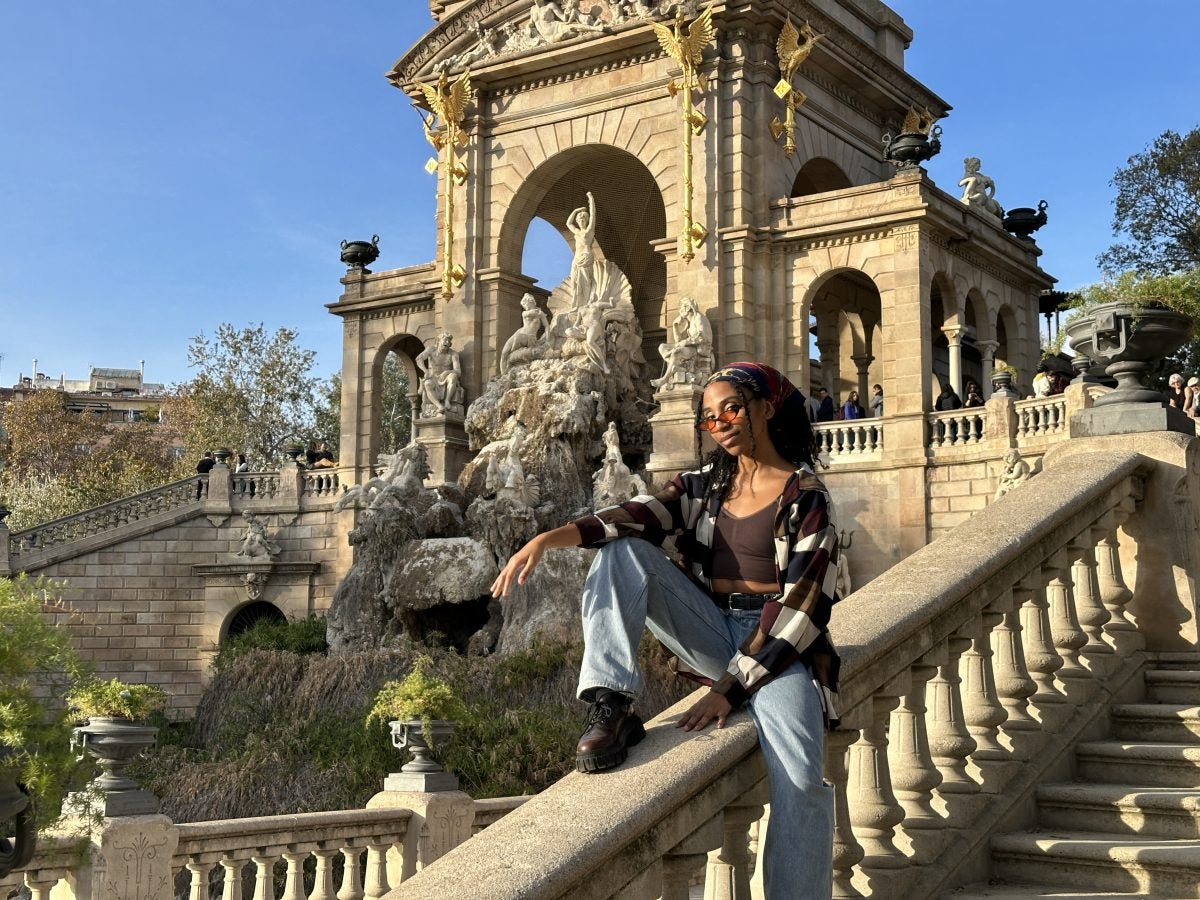
On May 26, 2024, I opened YouTube, turned on YouTube Live, and started a livestream titled “Tenerife is racist and I’m leaving immediately.” I planned on staying on the island of Tenerife, in Spain, to learn about the region’s wine culture for a few publications. Unfortunately, the amount of racism that I faced on that island made my job impossible and started to affect my mental health, so I decided to leave my assignment early.
From being denied entry into multiple establishments to being called the N-word on local online forums, I ranted about what I experienced to my followers. As I shared and packed my luggage, a common question arose in the chat: What should Black women know about the realities of navigating racism abroad?
With Black women traveling more than ever, having conversations like these can help those interested in seeing the world do so with as much information as possible. Colorism, nationality, religion, and more intermingle with anti-Blackness, so everyone’s experiences will vary based on their intersections and other factors, but knowing the right questions to ask will help guide you to a more ideal travel destination.
I asked a few travel content creators about their experiences navigating racism abroad as Black women, places they would recommend and those they wouldn’t, and their top tips for what to do when a trip goes sideways.
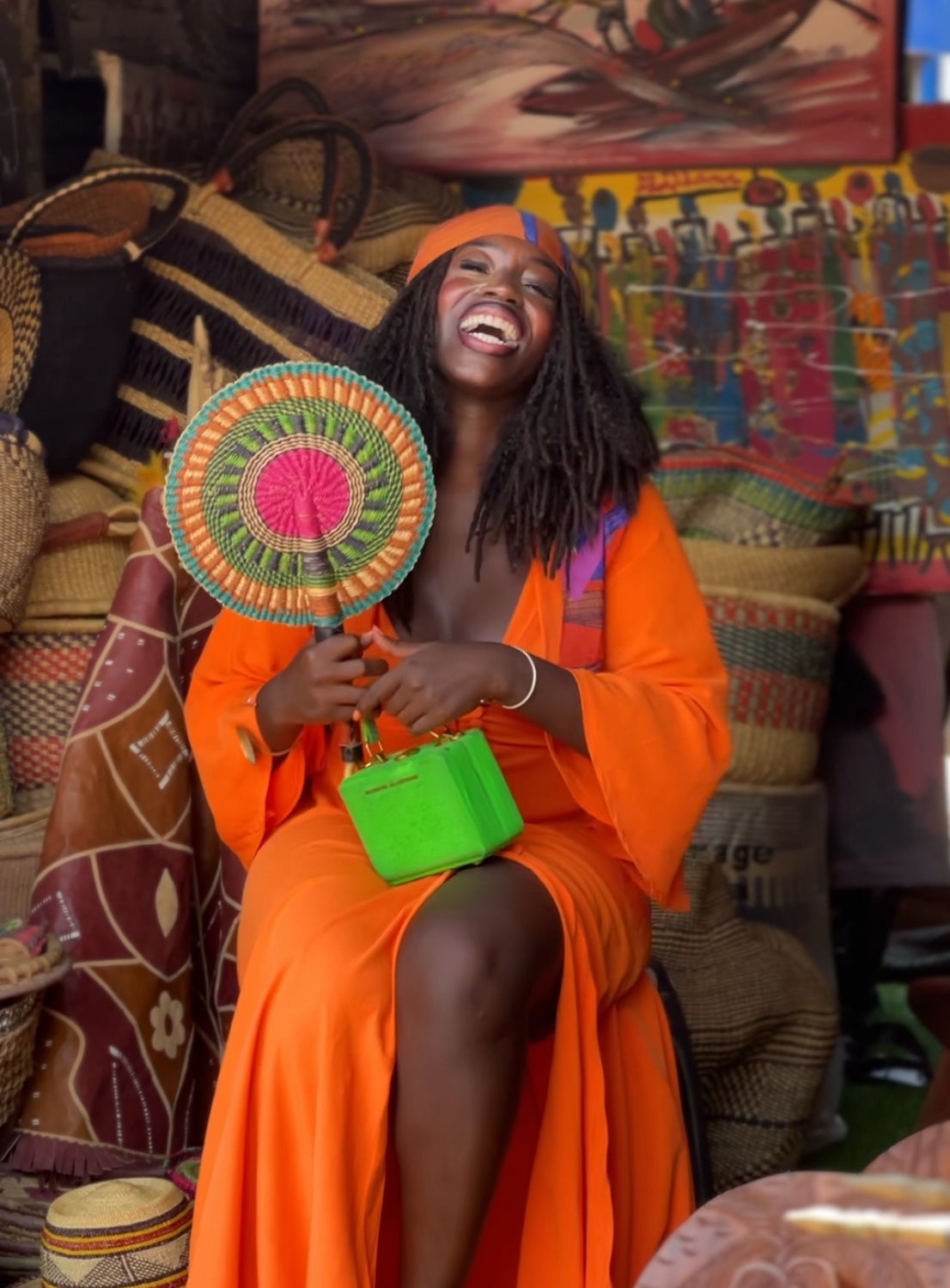
“Ghana is the perfect starting point for a Black woman looking to explore West Africa,” says content creator Abena Bempah, who has visited 56 countries, focusing mainly on Africa and diasporic destinations. “The country prides itself on welcoming the diaspora home, offering beautiful reconciliation and naming ceremonies to help reconnect those whose ancestors were removed from the continent against their will. Plus, English is widely spoken, and crime rates are relatively low.”
Roshida Dowe, the co-founder of Exodus Summit, felt welcomed in Scotland, Croatia, Iceland, Northern Ireland, and Seychelles. She notes that travelers should understand that their mileage may vary, meaning that one person’s experience might not be everyone’s, so take this advice with a personalized grain of salt.
Jassmine Smith, a travel enthusiast who’s visited about 30 countries, currently lives in Mexico, so that country is high on her list of recommendations. Along with Mexico, she loves exploring Central America. There’s a lot of Black heritage throughout Latin America, in general, so locals are used to seeing Black travelers. She’s also been raving about Iceland. “Everyone was so kind and welcoming, and there’s a decent population of Somalians, too. They were like, My sister, my sister! And I was like, Yep!”
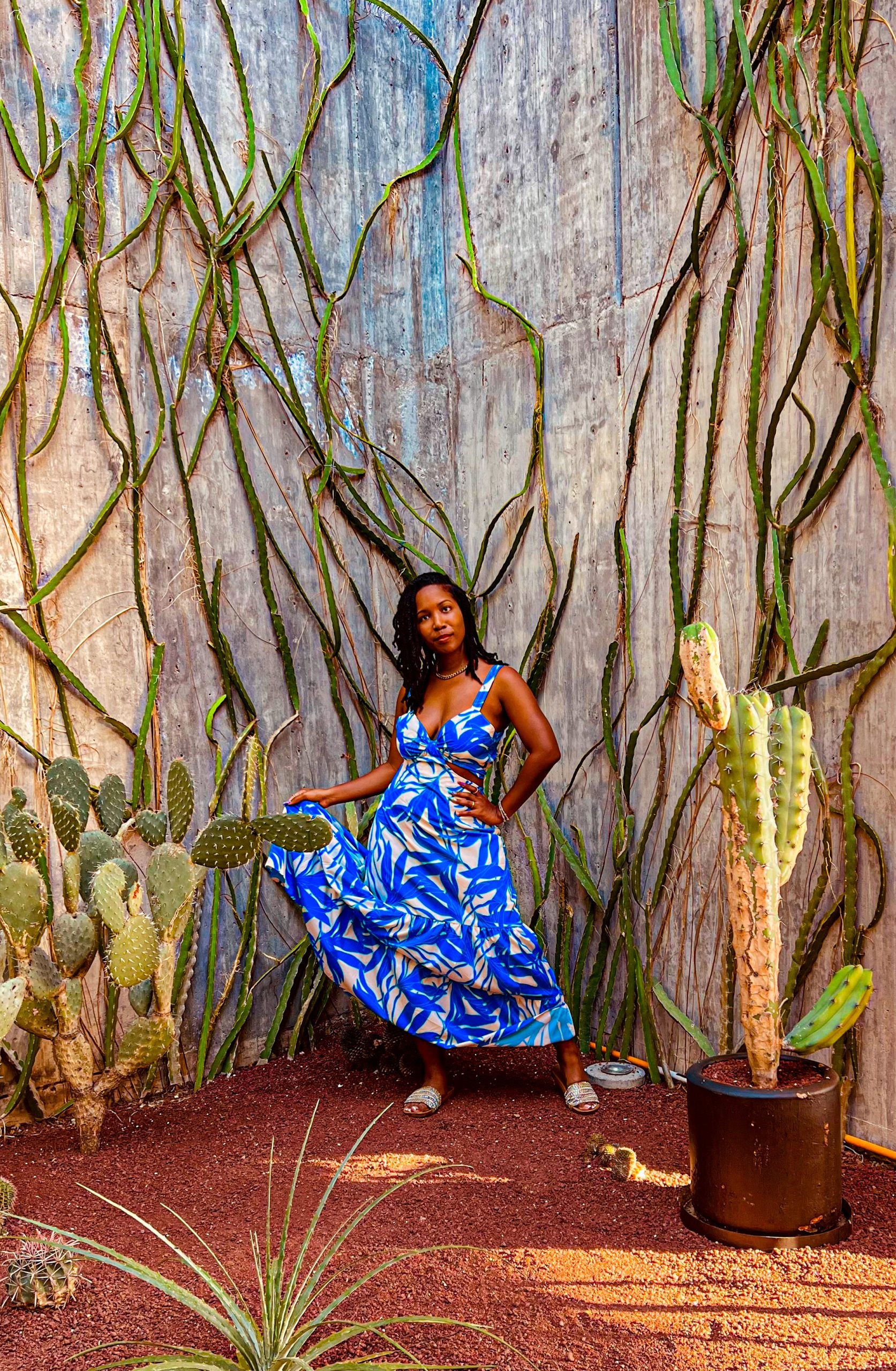
While your experience as a Black woman can vary from place to place, there are a few destinations where it’s almost expected that we will be treated less-than-ideal. While there are some countries where multiple Black creators shared horror stories (like Morocco and Italy), it’s important to know how certain kinds of destinations might be intersectionally harmful to Black women abroad.
Along with the ongoing conflict with Palestine and a history of discrimination against Ethiopian immigrants, the intersection of anti-Blackness and Islamophobia shows up in destinations like Israel. Dowe, whose first name is Arabic, was forced to prove that she was not Muslim in order to leave the country. “What holidays do you celebrate?” she recounted the immigration officers asking. “What are your parents’ names? What languages are spoken in your home? Where did you grow up? And then every Black person goes through the extra security line anyway.”
Ariana S. shared her multiple experiences with colorism in destinations like South Africa, the U.K., and the Dominican Republic. She, as a darker-skinned Black woman she says, was denied service, forced off of buses, and accused of stealing in stores; all while watching white and lighter-skinned people receive the basic human decency that she too deserves.
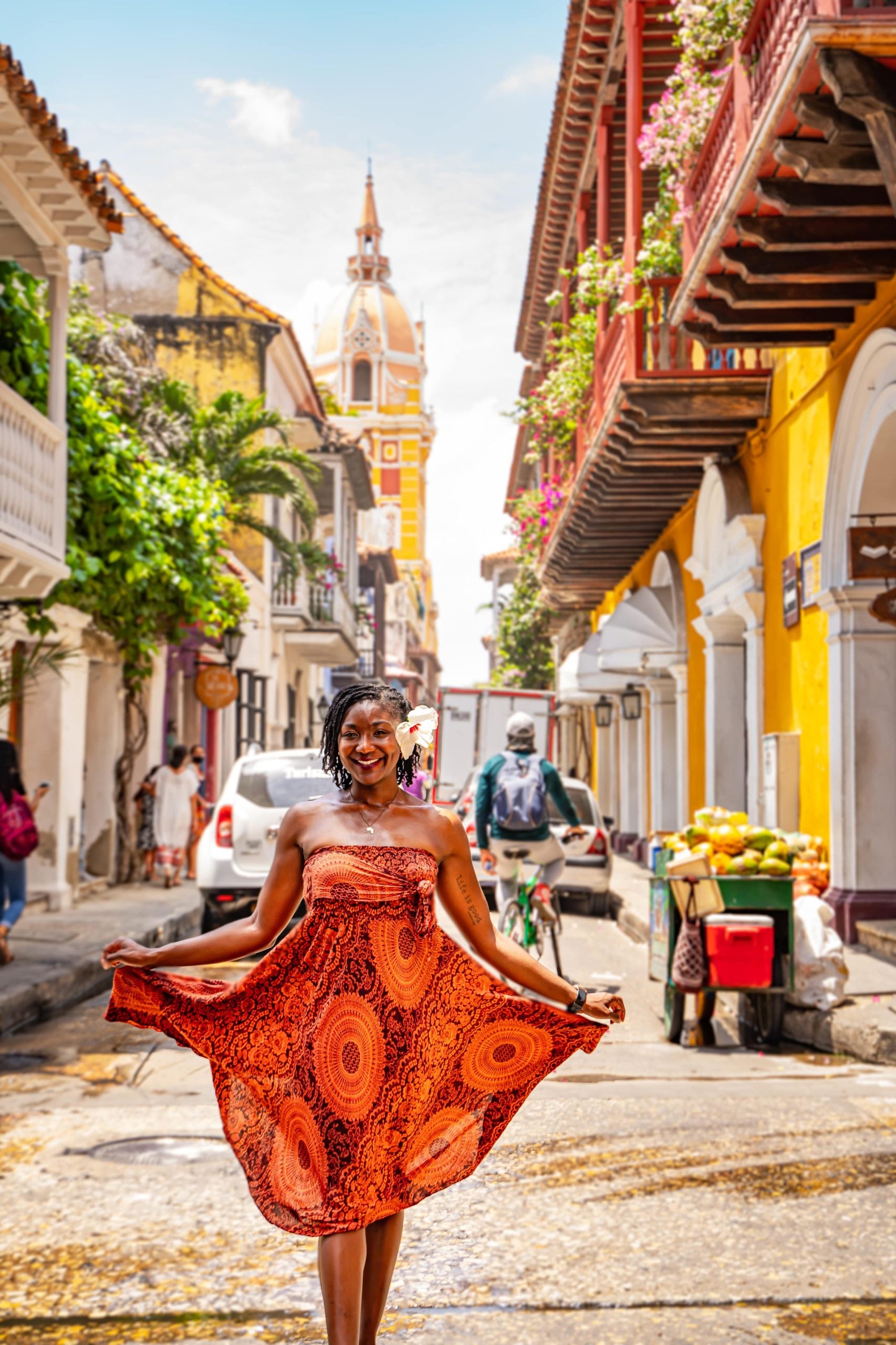
I’d like to add another country to this list: Russia. I spent a little over four months in Moscow and St. Petersburg for my graduate school study abroad program, and I’ve never experienced more danger in my life because of the intersection of my Blackness and my U.S. nationality. From attempted kidnappings to multiple forms of racially-motivated assault (all in public, high visibility places), if no one has ever told you, I will: Don’t go.
There are also specific locations within larger destinations that vary based on experience. For example, while I’ve had a lovely time exploring Turkey, the most racist experiences that I (and Smith) have had in an airport were inside the Istanbul International Airport. Dowe also cautions Black travelers when it comes to visiting Buenos Aires, specifically, but she enjoyed the larger country of Argentina.
Research and information are the most important tools for planning your future travels. The right kind of research can affirm your destination of choice or cross off a destination from your “must travel” list.
I recommend getting a refundable or adjustable plane ticket, if you can, when visiting destinations for the first time. That way, you can reschedule your flight if you need to leave early or switch locations without losing money. Also, as you research, look up Black travel journalists, expats, and/or content creators who resonate with you before booking. Once you decide on a destination you’re comfortable with, use Black travel influencers to decide how to build your itinerary.
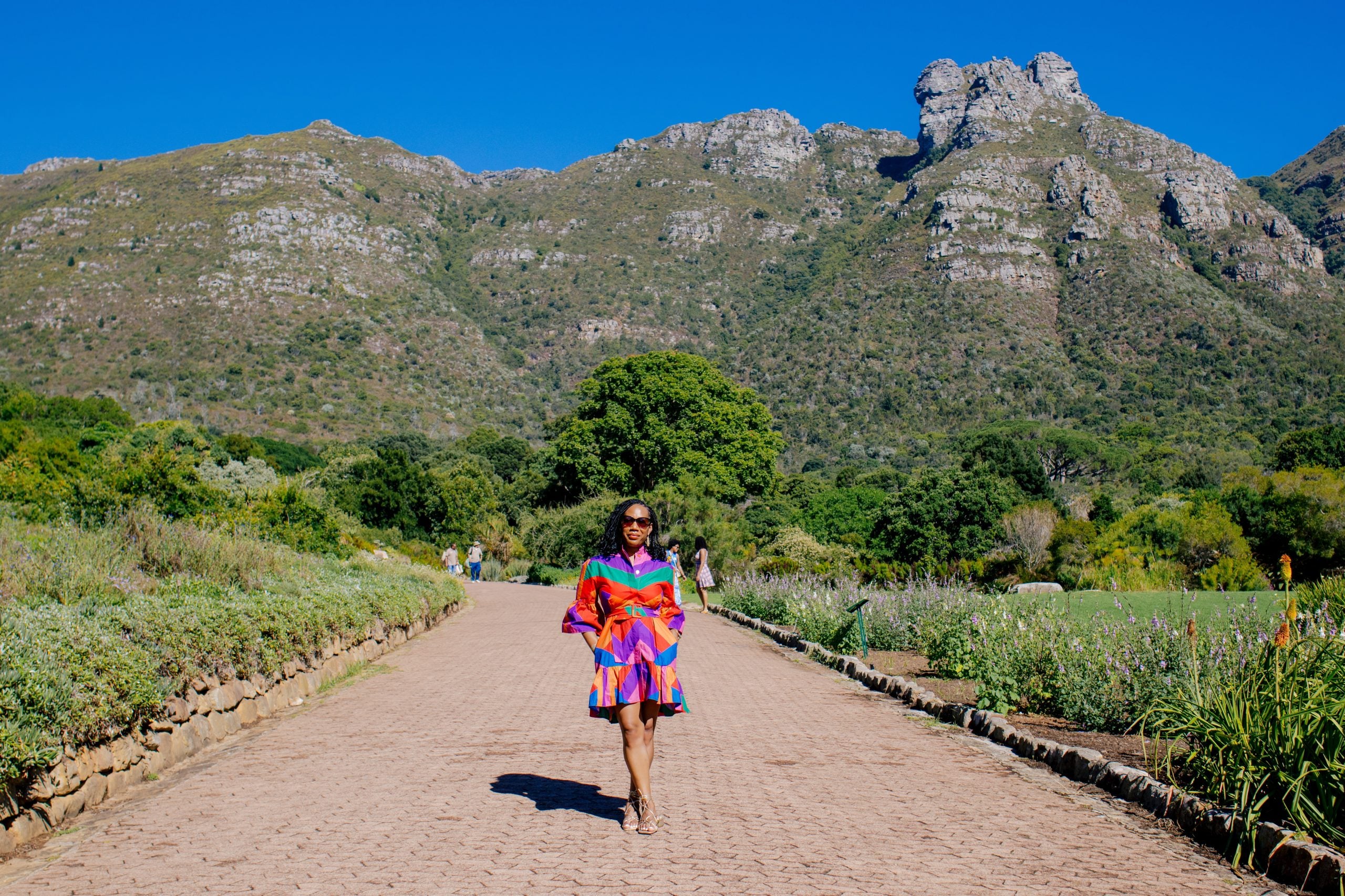
Smith recommends knowing where the local embassy is and using Numbeo before you book your trip. Numbeo is a website that surveys people in different countries so they can document their encounters with racism, sexism, and all kinds of discrimination.
Dowe says to not go to a place expecting to find racism, though. If you are looking for it, you will find it. If you do encounter bigotry, figure out if it is something that has to impact your entire trip. Is it one random street vendor you’re trying to buy a trinket from, or is it the host of the place you’re staying at? If your host, tour guide, etc., treats you poorly, Dowe suggests either canceling the trip or getting out of the situation immediately.
Ariana urges that you always record what’s happening when in doubt. As for Bempah, she recommends traveling to Africa and the diaspora. One of the main reasons she started prioritizing these destinations is because she wanted to feel accepted, not just tolerated when traveling. “These places aren’t perfect, but as a Black woman, I definitely feel loved and welcomed when I visit.”





